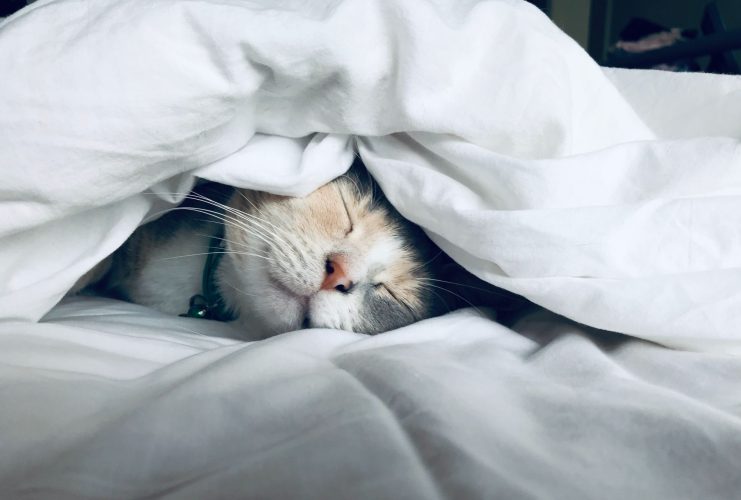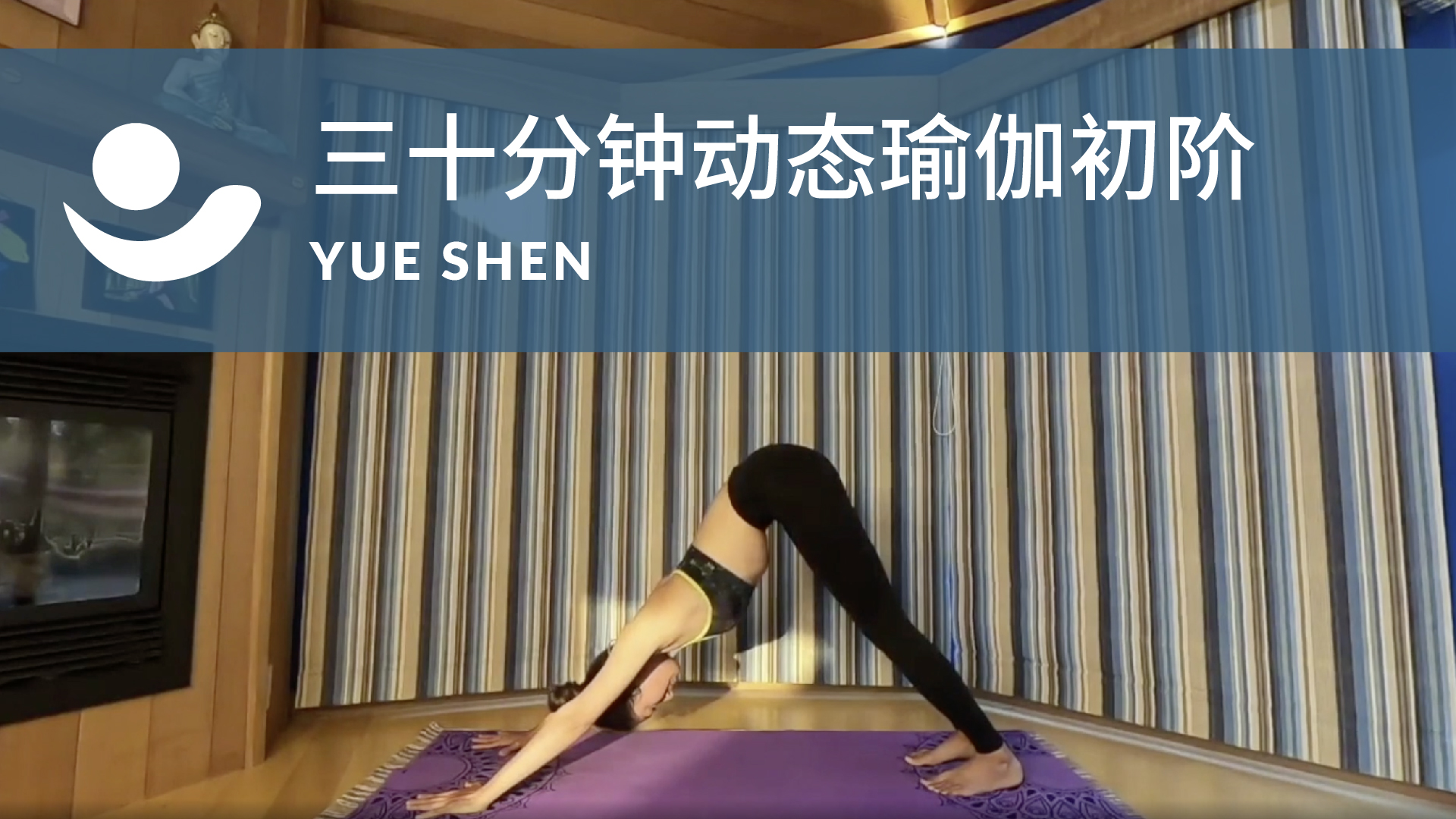During college, as an engineering student, I would head off to the library (usually not until 9pm!) and stay there working on problem sets until well after midnight. Meanwhile, my friends, mostly literature and art students, were chillaxing at the local coffee shop. Luckily, the libraries were open for 24 hours; late at night is when I’d get my best work done.
For you, were the late-night sessions back in the day or are they happening now? Living and working in Silicon Valley means living a pressured life in which work, family, relationships, and social situations leave us with too much to do and too little time to do it in. One saving grace for me: there are no yoga classes to teach or patients to see after 9pm, but it’s still easy to get distracted in the evening with productivity, instead of relaxing and prioritizing sleep cycles. Quality of life is often impacted by these irregular rhythms.
Why is it that we tend to get a late-night burst of energy? One reason the visual cortex stays stimulated in the evening is due to light sources (thank you, Benjamin Franklin!). With light, our body kicks into a second wind, and in the later hours, particularly between 10pm and 2am, we can be highly productive. However, using that time for mind-engaging activities can have a physical and psychological price to pay, as night work and lack of sleep is shown to increase the risk for obesity, fatigue, and chronic disease manifestation.
“Sleep is one of the most crucial indicators of a physiological system with low-stress levels, and it is also one of the fastest indicators to show up when a person is out of balance.”
What we know is that adequate and consistent sleep is useful and necessary for physical and psychological health. Parents see this impact daily, watching the sleep cycles of little ones and how it affects their energy the following school day. Sleep is one of the most crucial indicators of a physiological system with low-stress levels, and it is also one of the fastest indicators to show up when a person is out of balance. This is due to the inverse relationship between cortisol and melatonin rhythms.
Cortisol, released by the adrenal glands, is the stress hormone. During each 24-hour period, our bodies naturally go through a systemic cycle of cortisol levels in the bloodstream. In the healthiest version of this cycle, cortisol increases as we wake up, like a bell-shaped curve, and decreases toward late day, dropping to its lowest levels during sleep. When cortisol levels become high, due to physiological or psychological stress response over extended periods of time, initial symptoms include sleep irregularities, increased hunger, blood sugar issues, weight gain, and lowered immunity or fatigue.
Melatonin, a hormone made by the pineal gland, is considered the sleep hormone. It is released at night, typically around 9pm, and stays elevated for about 12 hours. This hormone is only released when exposed to dim light. The 24-hour melatonin cycle inversely runs to the cortisol cycle, so that when melatonin is high, cortisol is low, and vice versa. Anytime there is a disruption of this circadian rhythm, one will see impact in daytime energy, sleep, or both.
Here are seven natural ways to improve your quality of sleep:
- Create healthy habits and a schedule to manage your sleep cycle. According to Ayurveda, it is recommended to go to bed before 10pm and avoid late-night screen time. This is especially important for high-metabolic people who tend to excel at late-night work sessions and have higher core body temperatures (which must drop in order for us to fall asleep). Try forcing a few early mornings to trigger natural restfulness earlier in the evenings.
- Regulate light exposure by setting up a dark room for sleeping. Exposure to light activates the brain to release hormones and regulate temperature consistent with either sleep or wake states. In the bedroom, be cautious of using blue light from electronics or LED lights. One option to help with sleep rhythm is to utilize blue light blocking lenses at night. Another is to prioritize red or soft light in the bedroom. Finally, know that exposure to bright light during the day helps with shifting the hormones at night, so get out in the sunlight!
- Meditation, instead of counting sheep, can help those with difficulty falling asleep, especially when coupled with overactive mind activity at nighttime. Mindfulness-based practices have been shown to reduce overall stress perceptions and improve sleep cycles.
- Consider adaptogenic herbs that support the body in adapting to stress and lowering cortisol levels:
- Ashwagandha | Withania somnifera, Ayurvedic (Indian) medicine herb that is used to support the body’s system. Can be taken as a powder (added to tea or a smoothie) or in tablet form.
- Tulsi Holy Basil | Ocimum sanctum, Ayurvedic herb that is used for respiratory support, immune support, inflammation, and digestive support, a common plant in traditional Indian households. It can be taken as a tea. Found in most grocery stores.
- Reishi Mushroom | Ganoderma lucid, frequently utilized in Chinese Medicine for immune, endocrine, digestive, and nervous system. Often found in liquid-extract or capsule form.
- Decrease, or eliminate, stimulants such as coffee, tea, and anything with caffeine, as it tends to disrupt the cortisol system. When drinking coffee at rest, the bloodstream experiences stress hormone levels that are similar to those experienced under acute stress states. If we start the day with caffeine (especially when taken without food), our physiology is catapulted into a stress state. People tend to like the ability of caffeine to “get them going;” however, if used on an ongoing basis, the price of usage can wreak havoc on the entire system.
- Exercise and yoga: According to Harvard Health, exercise reduces the body’s stress hormones, such as cortisol. In truth, they believe that though rhythmic, repetitive fashion, any type of exercise will help. While we love yoga, insert whatever your favorite is!
- Play and laughter have also been shown to reduce stress hormones. Laughter releases endorphins that allows the body to ignore pain, so if physical or emotional pain are impacting sleep, then allow yourself to have a good chuckle!















